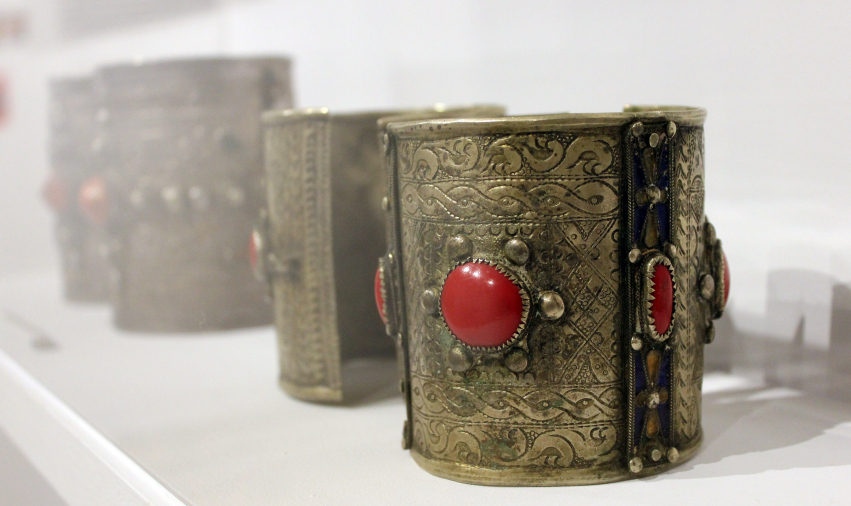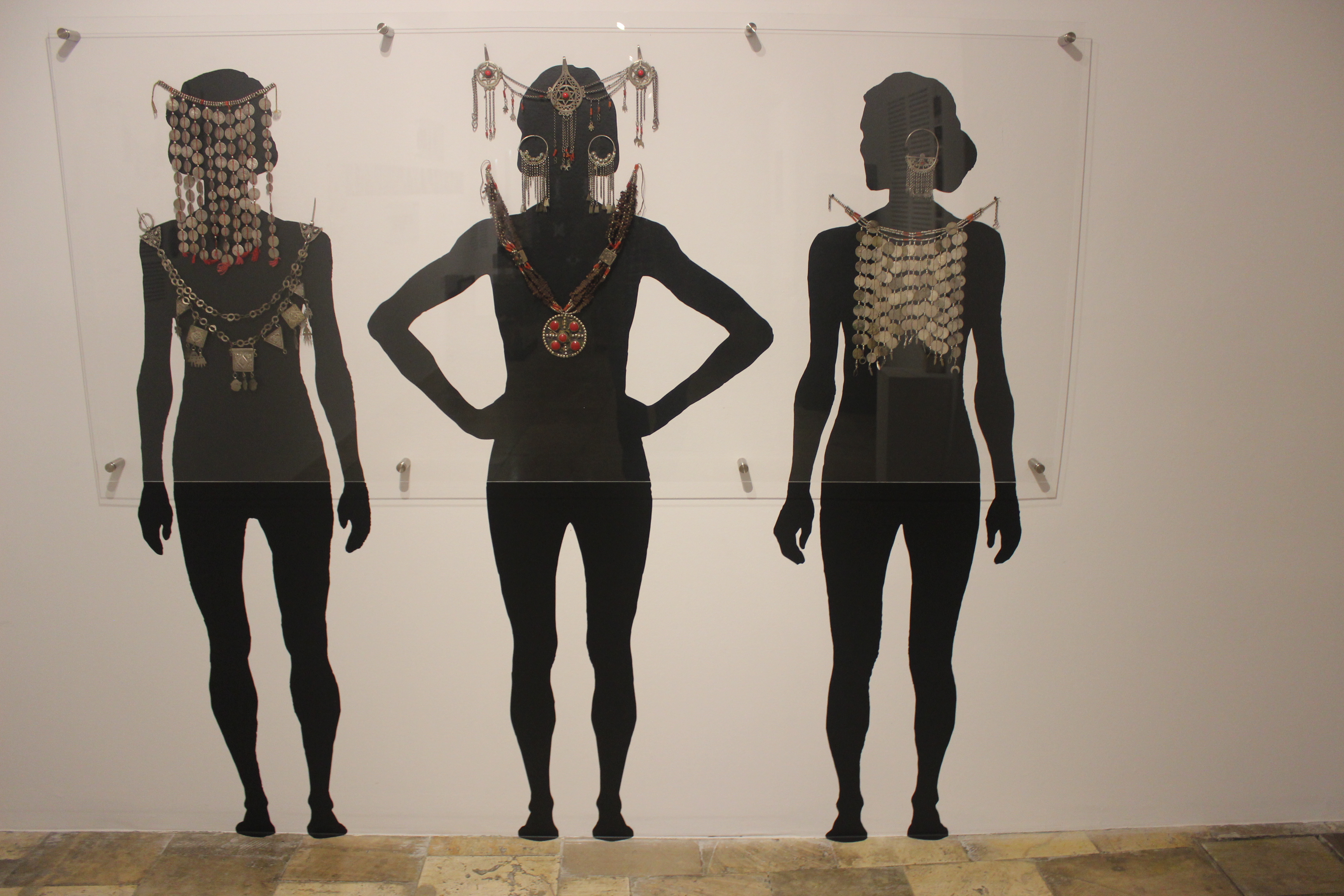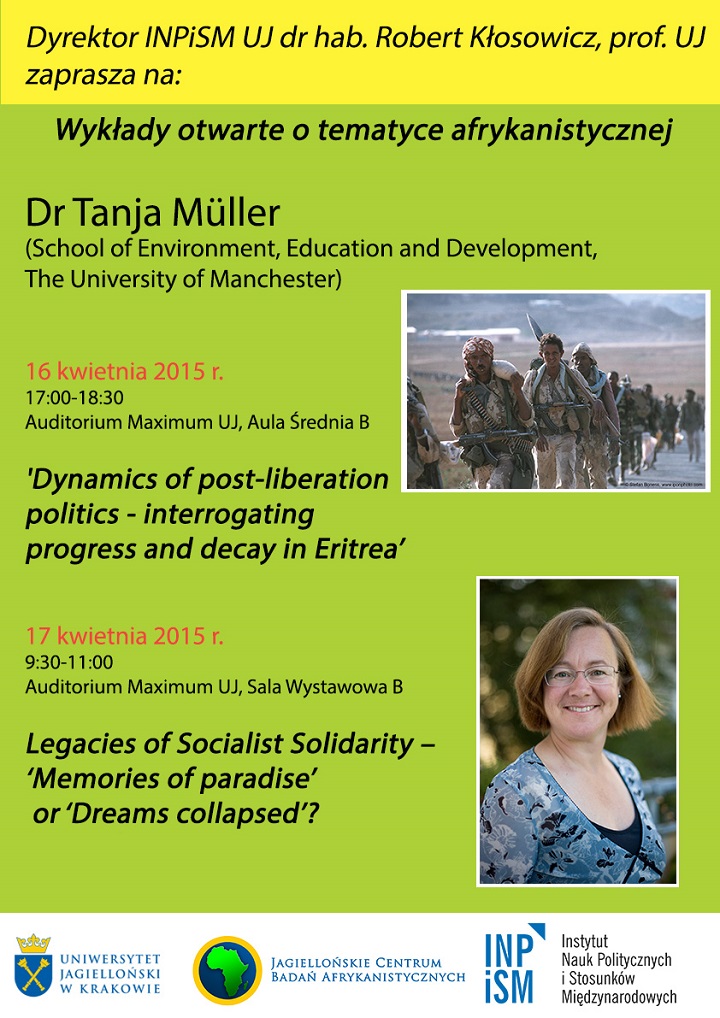Between 8th July and 22nd October 2017, one could visit an exhibition entitled “Na przekór. Kabylia”, curated and inspired by Jacek Kukuczko. It was presented in the Seweryn Udziela’s Museum of Ethnography in Cracow. Th exhibition was made available in the Esterka House (ul. Krakowska 46), in which a branch of the Museum of Ethnography is located.
“The exhibition “Na przekór. Kabylia” in the Museum of Ethnography in Cracow challenges the stereotypes about Islam and Africa. In contrast to the widespread tendency towards generalisations and simplifications, it shows only a small fragment of this world – Kabylie, a region in northern Algeria. This is the first presentation in Poland of a culture which over a period of two thousand years has maintained its identity, despite adverse circumstances,.
Some ideal examples of the cultural expression presented include jewellery and pottery, proving women’s high social position there. It is thanks to women that the cultural code has survived – in some periods almost in the underground, and it has now become the point of reference for the social and nation-forming aspirations of the Kabyle people.
The story of Kabylie is told through these objects: the jewellery from Urszula Zabotti’s private collection, the pottery from the Museum of Ethnography in Cracow and the archival material from Adam Rybiński’s collection. It is a testament to living culture, which – seen from up close – clearly manifests its autonomy, surprising us and makes us rethink wide-spread perceptions of the homogeneity of the Islamic world.”
(from the description on the webpage of Seweryn Udziela’s Museum of Ethnography in Cracow)
For more information about this exhibition, go to the webpage of the Seweryn Udziela’s Museum of Ethnography in Cracow: http://etnomuzeum.eu/wystawy-czasowe/kabylia or to the 32-page publication issued especially for the occasion, edited by Jacek Kukuczko and entitled Na przekór. Kabylia, illustrated by beautiful photographs of the exposition.

fot. Muzeum Etnograficzne im. Seweryna Udzieli w Krakowie

fot. J. Mormul

fot. R. Kłosowicz
 Zapraszamy na wykłady otwarte:
Zapraszamy na wykłady otwarte:

